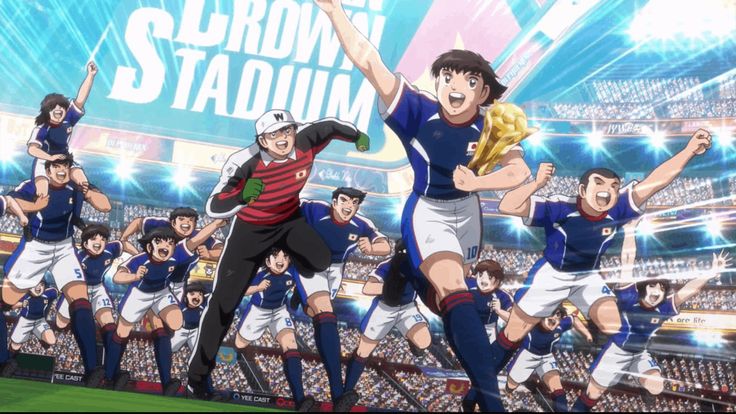
Reasons for the Low Popularity of "Captain Tsubasa" in the United States
Although "Captain Tsubasa" is an extremely popular football manga in many countries, it has not managed to generate the same level of enthusiasm in the United States. This lack of popularity can be attributed to several factors that have influenced the reception of the manga by the American audience.
The lack of familiarity with football
The United States has traditionally favored other sports such as American football, baseball, and basketball over football (or soccer). As a result, the American audience is less familiar with the intricacies and subtleties of football, which can limit their interest in a manga centered around the sport.
Cultural and stylistic differences
"Captain Tsubasa" reflects the culture and playing style of Japanese football. The fantastical and exaggerated football techniques, acrobatic movements, and dramatic aspects of the manga may be perceived as diverging from the norms and expectations of the American audience, which is accustomed to a more realistic approach to sports.
Language and translation barriers
The translation of a manga can present challenges, particularly in preserving humor, wordplay, and specific cultural expressions. If the translation of "Captain Tsubasa" has not successfully captured the essence of the manga in a satisfying manner, it can have a negative impact on its reception among the American audience.
Competition with other sports manga
The manga market in the United States offers a wide range of titles, including other sports manga that have gained a certain level of popularity, such as "Slam Dunk" and "Haikyuu!!". The competition with these established manga series may have limited the attention and appeal of "Captain Tsubasa" in the United States.
Conclusion
The low popularity of "Captain Tsubasa" in the United States can be attributed to several factors, including the lack of familiarity with football, cultural and stylistic differences, language and translation barriers, as well as competition with other sports manga. While these factors have influenced the reception of the manga in the United States, it is important to note that individual preferences can also play a significant role in the perception and appreciation of a work.

